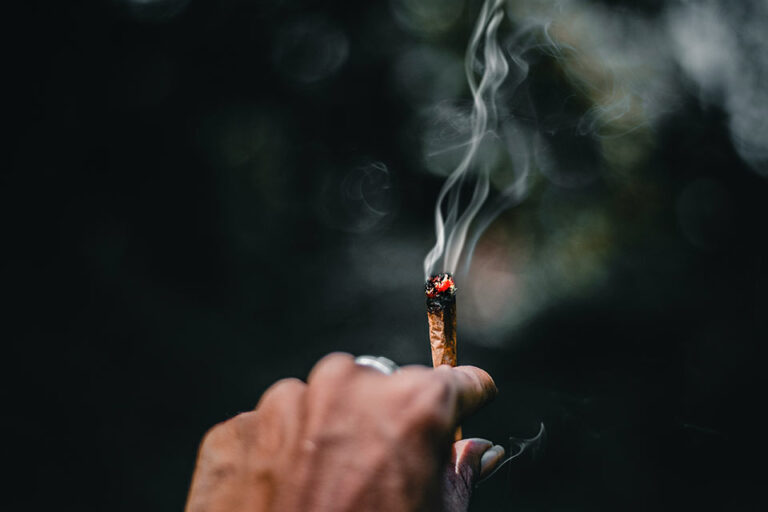Illinois' cannabis industry reached new heights in fiscal year 2024, with adult-use sales exceeding $2 billion and dozens of new dispensaries opening. But the state's latest annual cannabis report also reveals that the market continues to grapple with persistent illegal sales and new threats from unregulated cannabis-derived products.
The report, compiled by the Office of Cannabis Regulatory Oversight with assistance from multiple state departments, found that tax revenue from cannabis sales reached $457.3 million by the end of what was called a “year of explosive growth,” with 82 More than 200 new pharmacies open across the state.
The woes of the illegal market
These successes were overshadowed by state regulators' concerns about competition from the illegal market.
“Although law enforcement resources have shifted away from minor cannabis offenses, the presence of illegal cannabis entering Illinois continues to require significant resources,” ISP said in the report.
The report specifically criticized Chicago, noting that highly potent cannabis from other states is entering areas around the city and being injected into the illicit market.
In fiscal year 2024, Illinois State Police seized approximately 12 tons of illegal marijuana valued at $63.7 million. Data from the International Cannabis Policy Research estimates that “nearly 36% of Illinois’ cannabis market comes from illicit sources.”
Another memo cited by officials states that most of the unregulated marijuana available in Chicago's HIDTA area comes from Mexico.
“However, over the past few years, both the amount and sources of supply have expanded to include drug lords in Asia and illegal and legal growers along the U.S. West Coast, Pacific Northwest, and other states. ”, the report said.
The continued presence of unregulated weed in the state may be driven in part by price differentials. Legal dispensaries charge an average of $330 per ounce after tax, while street prices hover around $200 per ounce, according to task force and MEG unit data cited in the report. .
strong hemp
Cannabis-derived products pose new challenges for regulators. The Illinois State Police Cannabis Enforcement Unit cited the prevalence of synthetic THC products sold as “hemp-based” or “CBD,” which are often mislabeled and fall into a legal gray area.
“To manufacture the product, delta-9 tetrahydrocannabinol (THC) is artificially synthesized from the CBD product and sprayed or incorporated into another (usually legal) hemp, edible, e-cigarette, or other product. ”, the report states.
He cited more specific prosecution challenges due to legal ambiguity.
“ISPs often work with local law enforcement to persuade state attorneys to proceed with prosecuting the sale of purported cannabis-derived products above the 0.3% THC limit, which is illegal under state and federal law. “I’m having a hard time,” the CCO reported. .
“Clarification in the law would certainly help,” he added.
The report calls for “a regulatory framework for all hemp-derived THC products” such as delta-8 THC, THC-O, and other THC variants.
However, they specifically singled out hemp flower with high THCA content in order to exploit a loophole in the law.
“First, THCA is defined as THC under the (Cannabis Regulation and Taxation Act),” the paper said. “These products often contain as much or more THCA content as cannabis flower sold at licensed cannabis dispensaries in the state.”
“Suppliers of THCA products often claim to be compliant with federal hemp law. However, the DEA recently announced that when determining a product’s total THC content, it includes THC-A in its calculations. We have clarified our position on federal legislation that confirms the need.”
While it is true that the Drug Enforcement Administration has said it considers THCA to be a controlled substance, a recent federal appeals court disagreed, stating that products defined as hemp under federal law can be processed or not. The issue could be taken out of the state's hands by ruling that hemp remains the same. Overall.

